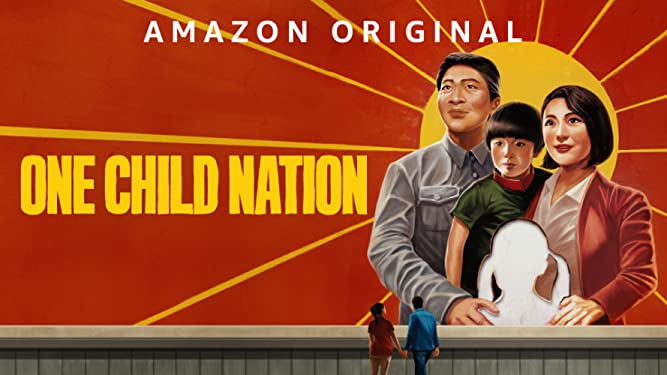This isn’t what a filmmaker expects her mother to say at a premiere.
Nanfu Wang was presenting “One Child Nation,” which would go on to big things. It won the Grand Jury Prize at the Sundance Film Festival and debuts Monday (March 30) on PBS.
The film takes a fierce look at the policy that dominated China for 36 years, using everything from propoganda (shown here) to punishment, limiting families to one (and in some cases two) children. It offered horror stories of forced sterilizations and abortions, of children abandoned or sold.
American audiences tend to be horrified. And the reaction of Wang’s mother, who was a Chinese villager during the that era? “At the premiere Q&A, somebody asked her what she thought about it,” Wang said. “And she said, ‘Well, I think the film is great …. But I still believe the one-child policy was necessary.’ And that was surprising to me and surprising to everyone.”
Maybe it shouldn’t have been. It’s the same reaction Wang found when visiting her home village.
“Everyone in our film actually said that the policy was necessary (and) if there weren’t the policy, people would have starved to death.”
Wang stridently disagrees. Yes, she says, there was starvation before the policy began, but that was due to government mistakes, not overpopulation. Some economists and sociologists, she said, feel the right approach would have been to push opportunities for women. “If they were allowed education and to pursue career, the population would decrease as a natural result.”
For her, education was unlikely. Her father died at 33; at 12, she quit school to support her family.
But she also went to vocational school, took continuing-education classes and got a fellowship as a Shanghai University graduate student. She went on to Ohio University and then the New York University journalism school.
Her first documentary (“Hooligan Sparrow,” the name of an anonymous Chinese dissident) also showed at Sundance and on PBS. For this film, her third, she confronted her own youth.
She was born in 1985, when the one-child rules were already an accepted part of Chinese life. Kids in her generation “grew up under the policy, being indoctrinated in the belief that the policy was great …. Our emotions were sort of controlled by the government’s propaganda.”
Like other nations, China saw its population soar after World War II. In one generation, it jumped 74 percent, to 940 million in 1976; one study claimed it would hit 4 billion by 2080.
At first, there was a flat limit of one child; that was soon modified. A second child was allowed for rural families with a girl or for ethnic-minority families or for some others.
By some standards, the police (which ended in 2015) was a success; the current population is 1.4 billion. But other nations have had the same stability without harsh rules, Wang argues.
“The negative impact of the one-child policy has been shown on all aspects of the society,” she said. “One of them is the gender imbalance.”
With so many girls abandoned or sent overseas, she said, “there are many men who can’t find wives. Human Rights Watch last year published a huge report …. Many Chinese men began kidnapping, trafficking women from bordering countries.”
– “Independent Lens: One Child Nation,” 10 p.m. Monday (March 30), PBS; check local listings. Also on Amazon
